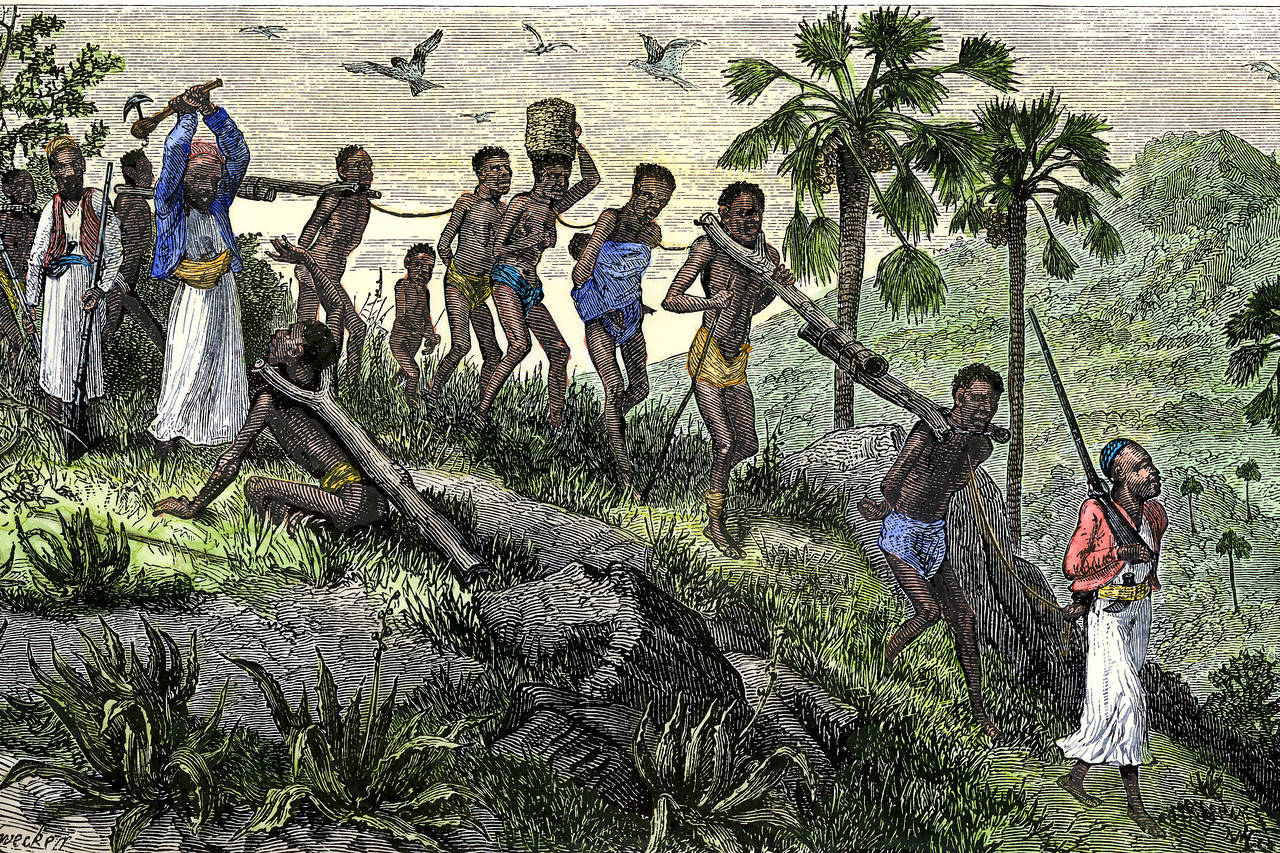About Publications Library Archives
cthl.org

Preserving American Heritage & History

Preserving American Heritage & History


On April 17, 1492, before his first voyage to the Americas, Columbus negotiated a business contract with King Ferdinand and Queen Isabella of Spain, entitling him to 10% of all profits. In this contract, the Spanish sovereigns agreed:
“that of all and every kind of merchandise, whether pearls, precious stones, gold, silver, spices, and other objects and merchandise whatsoever, of whatever kind, name and sort, which may be bought, bartered, discovered, acquired and obtained within the limits of the said Admiralty, Your Highnesses grant from now henceforth to the said Don Cristóbal [Christopher Columbus] … the tenth part of the whole, after deducting all the expenses which may be incurred therein.”
After his fourth and final voyage to the Americas, Columbus summed up his feelings about gold in a July 7, 1503, letter to Ferdinand and Isabella: “Gold is most excellent; gold is treasure, and he who possesses it does all he wishes to in this world.”
Beyond profits, Columbus sought to convert native people to Catholicism. In the prologue to his journal of the first voyage, Columbus wrote to Ferdinand and Isabella:
“YOUR HIGHNESSES, as Catholic Christians and Princes who love the holy Christian faith, and the propagation of it, and who are enemies to the sect of Mahoma [Islam] and to all idolatries and heresies, resolved to send me, Cristóbal Colon, to the said parts of India to see the said princes … with a view that they might be converted to our holy faith …. Thus, after having turned out all the Jews from all your kingdoms and lordships … your Highnesses gave orders to me that with a sufficient fleet I should go to the said parts of India …. I shall forget sleep, and shall work at the business of navigation, so that the service is performed.”
On October 12, 1492 (the first day he encountered the native people of the Americas), Columbus wrote in his journal: “They should be good servants …. I, our Lord being pleased, will take hence, at the time of my departure, six natives for your Highnesses.” These captives were later paraded through the streets of Barcelona and Seville when Columbus returned to Spain.
From his very first contact with native people, Columbus had their domination in mind. For example, on October 14, 1492, Columbus wrote in his journal, “with fifty men they can all be subjugated and made to do what is required of them.” These were not mere words: after his second voyage, Columbus sent back a consignment of natives to be sold as slaves.
Yet in an April, 1493, letter to Luis de Santangel (a patron who helped fund the first voyage), Columbus made clear that the people he encountered had done nothing to deserve ill treatment. According to Columbus:
“they are artless and generous with what they have, to such a degree as no one would believe but him who had seen it. Of anything they have, if it be asked for, they never say no, but do rather invite the person to accept it, and show as much lovingness as though they would give their hearts.”
Nonetheless, later in the letter Columbus went on to say:
“their Highnesses may see that I shall give them as much gold as they need …. and slaves as many as they shall order to be shipped.”
Following Columbus’ discovery, Pope Alexander VI issued a May 4, 1493, papal bull granting official ownership of the New World to Ferdinand and Isabella. To these monarchs, the Pope declared:
“We of our own motion, and not at your solicitation, do give, concede, and assign for ever to you and your successors, all the islands, and main lands, discovered; and which may hereafter, be discovered, towards the west and south; whether they be situated towards India, or towards any other part whatsoever, and give you absolute power in them.”
This decree did not go unchallenged. Francis I of France, for example, later quipped: “The sun shines on me as well as on others. I should be very happy to see the clause in Adam’s will which excluded me from my share when the world was being divided.”
Nonetheless, the Pope’s declaration ultimately had dire consequences for native inhabitants of the Americas. Beginning in 1514 Spanish conquerors adopted “the Requirement,” an ultimatum in which Indians were forced to accept “the Church as the Ruler and Superior of the whole world” or face persecution. If Indians did not immediately comply, the Requirement warned them:
“We shall take you and your wives and your children, and shall make slaves of them, and as such shall sell and dispose of them as their Highnesses may command; and we shall take away your goods, and shall do all the harm and damage that we can.”
Often the Requirement was read to Indians without translation, or in some cases even from ships before crew members landed to kill Indians and take slaves.
Since 1971 Columbus Day has been celebrated in the U.S. as federal holiday, and on October 9, 2002, President George W. Bush issued a presidential proclamation celebrating “Columbus’ bold expedition [and] pioneering achievements,” directing that “the flag of the United States be displayed on all public buildings on the appointed day in honor of Christopher Columbus.”
Missing from this proclamation was any mention of violence, slavery, religious persecution, or the pursuit of gold. Yet Columbus himself was more forthcoming about how he should be remembered. In a letter penned a few years before his death, Columbus wrote: “I ought to be judged as a captain who for such a long time up to this day has borne arms without laying them aside for an hour.”